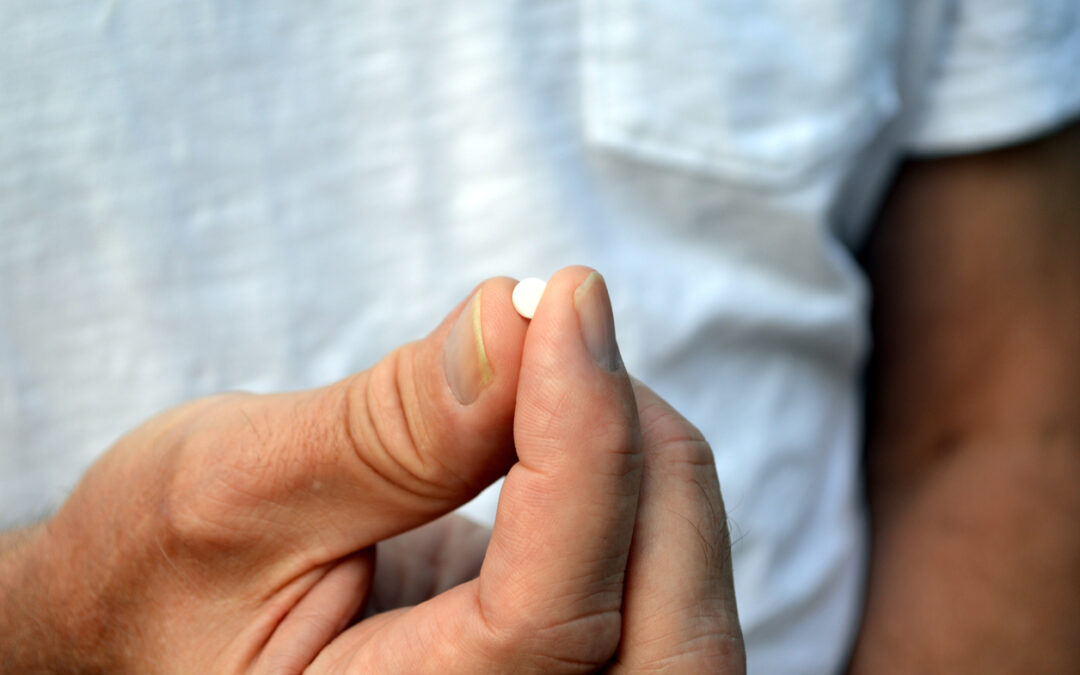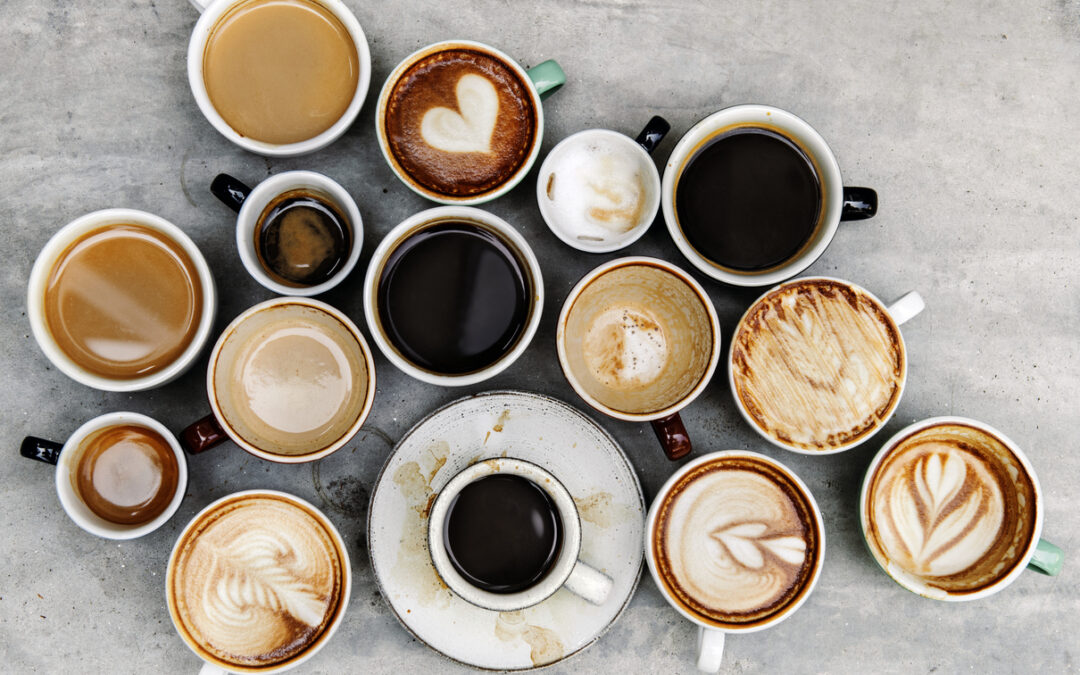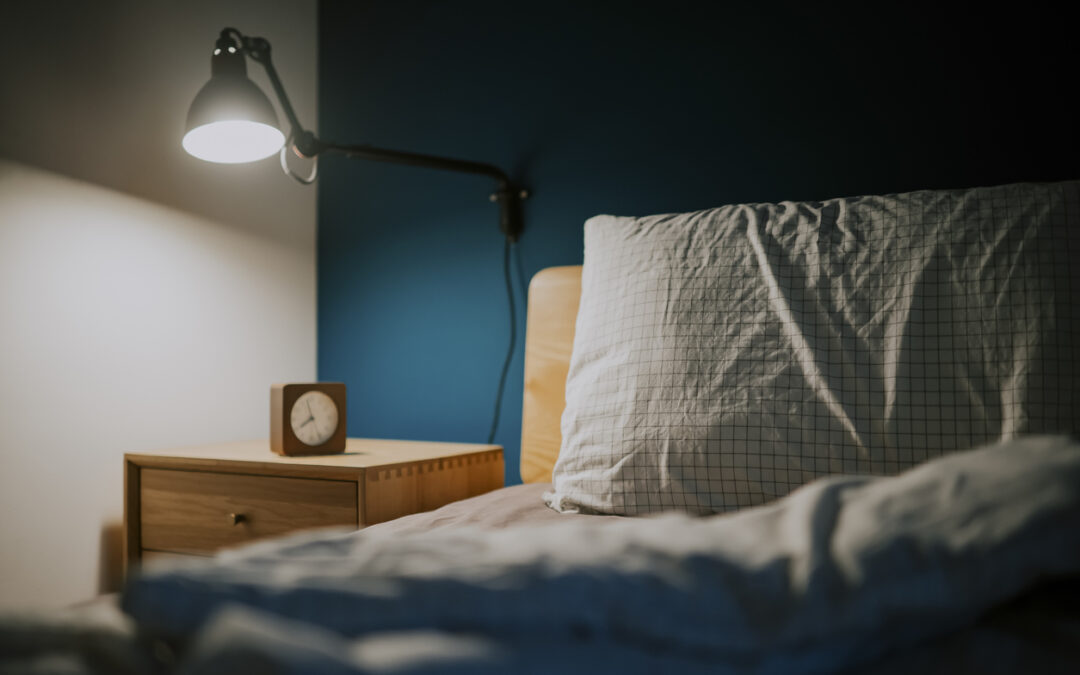
by Emily | Nov 30, 2021 | Fitness
Our bodies naturally produce melatonin in response to the increasing darkness in the evening; it’s the hormone that signals to the body that bedtime is nearing. Sometimes when we spend too much time in front of our computer or television screens, their artificial light interferes with our biological clocks.

by Emily | Nov 23, 2021 | Fitness
Did you know spending time outside, especially in the morning, helps our body’s circadian rhythm set itself to the sunrise/sunset patterns of the day?

by Emily | Nov 16, 2021 | Fitness
Once I added black out curtains to block the outside light, the outdoor distractions went away and I was able to fall—and stay– asleep more soundly.

by Emily | Nov 11, 2021 | Fitness, Food
Let me be clear: I love to drink coffee. But when I began to suspect my 4PM coffee-pick-me-up habit was interfering with my ability to fall asleep when bedtime rolled around, I nixed it from my routine.

by Emily | Nov 8, 2021 | Fitness, Uncategorized
The National Sleep Foundation refers to sleep as an “essential function” and cautions that chronic sleep deprivation can lead to a number of health issues including obesity, type 2 diabetes, high blood pressure, heart disease, stroke, poor mental health, and even early death. The bottom line is that getting good sleep is important and when events like the recent time change disrupt our usual sleep routines, we need to pay special attention to getting ourselves back on track.

by Emily | Nov 3, 2021 | Fitness, Food
Turns out, constant snacking might not be a great thing for the reasons discussed in the prior post about intermittent fasting. Studies show that the more the body has to work on digesting, the less time it has to perform its necessary maintenance and repair functions. When the body doesn’t address cellular issues, breakdowns occur.






